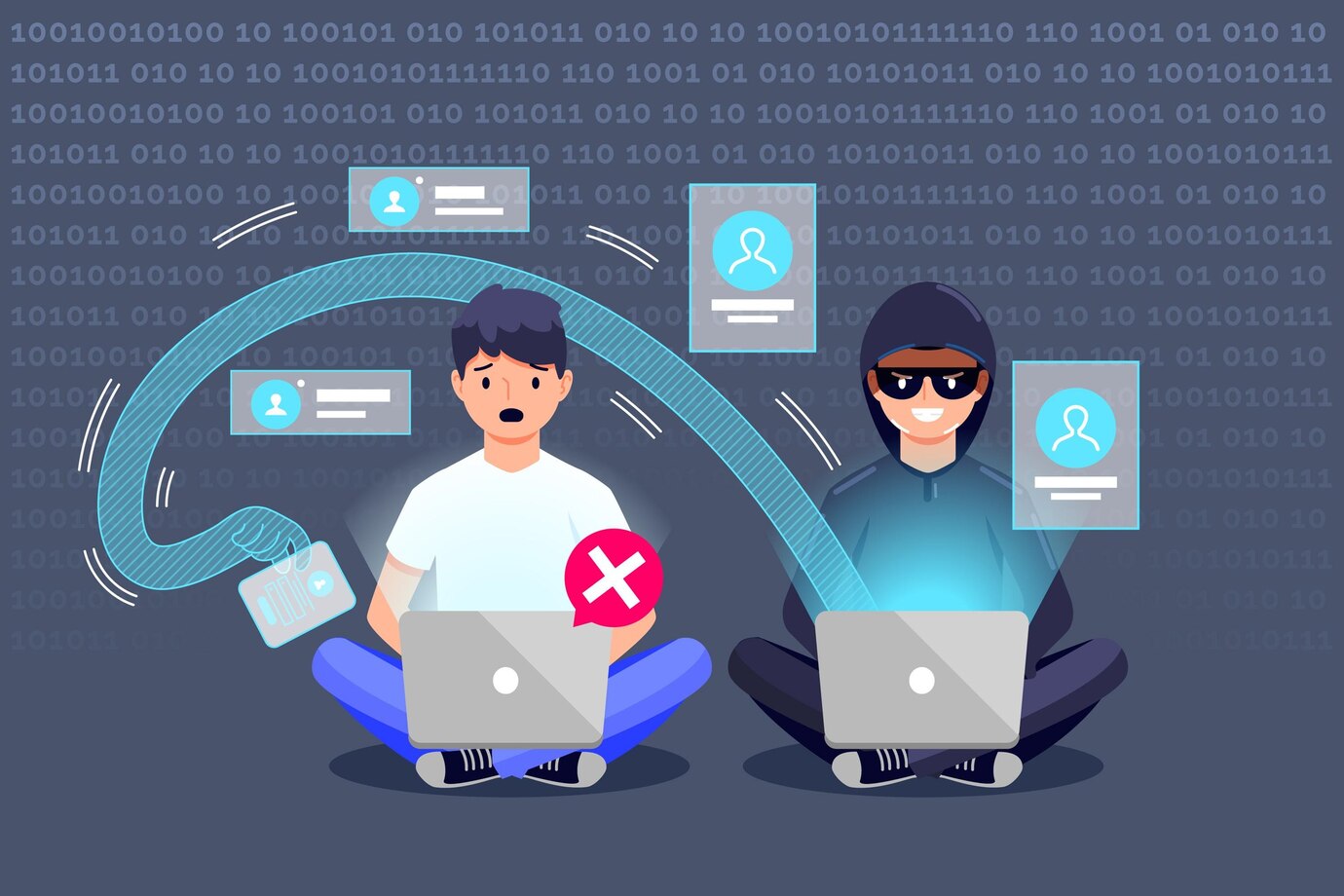Fake Accounts on Telegram: How to Recognize Suspicious Accounts and Avoid Scams

Since its inception, Telegram has gained significant popularity among users. The data protection system with end-to-end encryption, two-factor authentication upon account login from new devices, self-destructing messages, and the option to create anonymous accounts instilled trust. However, can we consider these measures 100% secure for users today?
Despite developers touting Telegram as one of the most secure applications, we occasionally witness situations involving the compromise of user accounts.
Frauds and Deception
The rapid development of any social network often accompanies the emergence of fraudulent activities. Frequently, scammers creating fake Telegram accounts identify vulnerabilities in users and psychologically manipulate them. Deceptively, fraudsters extract confidential information, personal data, material valuables, or pursue other selfish objectives.
Fraud in Telegram can manifest in various forms:
Phishing. Phishing attacks involve sending fake messages with malicious links, creating fake bots and channels that impersonate official sources.
Collaboration with potential advertisers. This method is often used to gain access to authors' Telegram channels with a large number of subscribers. Deceptive schemes come into play when users click on third-party resources or analytics services with altered domain names.
Sale of non-existent goods. Fake stores and sellers in Telegram may offer products or services that don't actually exist. After receiving payment from the user, scammers disappear.
Extortion and blackmail. Culprits may use Telegram as a platform for threats and extortion. For instance, scammers might demand specific actions or payments to prevent the disclosure of compromising user information.
Fake lotteries and contests. Scammers can organize fake lotteries and contests, enticing participants to provide personal data, pay an entry fee, or meet other conditions in exchange for a chance to win prizes.
Methods for Identifying Fake Telegram Accounts and Scammers
How to Safeguard Yourself and Your Data from Fraudulent Activities
Everytime, scammers attempt to devise new and more sophisticated ways to lull users' vigilance. There are several methods to help prevent this.
Privacy settings. After creating a Telegram account, go to "Settings," choose the "Privacy" section, and mark the checkbox next to "My Contacts." Ensure that you allow only users in your contacts to see your phone number and information about you.
Password creation. Robust passwords remain a simple yet reliable method to protect yourself from scammers. Avoid using the same password for all your accounts. It's also recommended to set up a passcode; after this, an app lock/unlock icon will appear above the chat list.
Two-factor authentication (2FA). To enhance the security of your messenger account, it's advisable to set up two-step verification. To do this, go to the "Privacy" section in "Settings," toggle the switch to "on" next to "Two-Step Verification" Then, enter a password, a hint for the password, and an email where you'll receive a verification code to complete the two-factor authentication setup.
Check downloaded files. Always pay attention to the file extension. Install TotalAV antivirus software (for example) on your device to scan all files for threats. On your mobile device settings, prohibit installations from unknown sources. On your PC settings, specify that installations are only possible after obtaining permission.
What to do if you've fallen victim to scammers?
Try Popsters Trial plan to get content activity statistics of any pages for a next 7 days for free
Try for free











